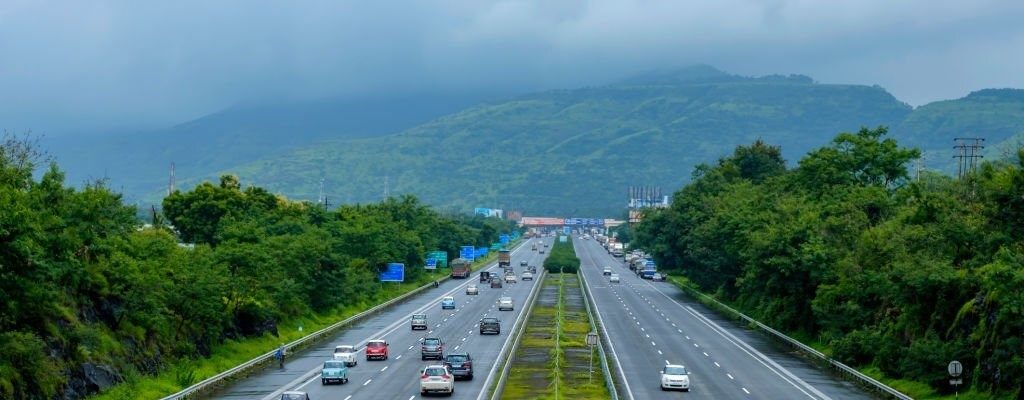The government’s plan to introduce a GPS-based tolling system for national highways faces obstacles due to privacy concerns. Although this technology could significantly improve toll collection and vehicle movement, several challenges must be addressed before implementation. These challenges include legal amendments and infrastructure upgrades.
How the GPS-Based System Works
This innovative system intends to replace the existing FASTag system, eliminating the need for toll plazas. It relies on highway geo-fencing, utilising GPS or RFID technology to create virtual geographic boundaries. When a vehicle enters or exits a designated area, the software triggers toll collection automatically.
Vehicle Tracking and Seamless Payments
Under this system, vehicles will require tracking devices to monitor their movements. Toll charges will be calculated based on the distance travelled at highway exits, eliminating the need for toll booth stops. Commuters will register their vehicles, linking them to their bank accounts for convenient toll payments.
Addressing Privacy Concerns
Officials from the Ministry of Road Transport and Highways (MoRTH) are actively working to resolve privacy concerns linked to the proposed GPS-based tolling system. They are exploring amendments to existing legislation, such as the Motor Vehicles Act, to accommodate technology-based tolling.
Legal Amendments and Infrastructure Upgrades
To enable the full-scale implementation of GPS-based tolling and eliminate toll plazas, MoRTH has already amended the National Highways Fee Rules. However, extensive infrastructure upgrades are required before the system can be fully operational. Additionally, privacy concerns must be addressed, and potential amendments to the Motor Vehicles Act are being considered.
Data Protection and Regulatory Framework
India currently lacks comprehensive data protection legislation. The Information Technology Act 2000, along with the SPDI Rules 2011, serve as the foundation for data protection. The government has introduced the Digital Personal Data Protection Bill 2022 to regulate data usage by companies and organisations.
Phased Implementation and Pilot Projects
Due to the absence of a regulatory framework and legal challenges, the immediate implementation of the GPS-based tolling system is challenging. MoRTH plans to launch the system in phases, initially on greenfield expressway projects, such as the Delhi-Mumbai corridor, before a nationwide rollout.
Fair and Efficient Tolling
Unlike the current fixed-distance tolling method, this system will consider the actual time, distance, size, and weight of vehicles. Toll charges will be based on how much space a vehicle occupies and its impact on road infrastructure wear and tear.
Rewards for Efficiency
Smaller and lighter vehicles covering shorter distances will pay lower tolls, promoting efficiency. In contrast, heavier vehicles covering longer distances will face higher charges due to their more significant impact on road infrastructure.
Conclusion
While introducing GPS-based tolling promises enhanced efficiency and fairness, it faces privacy concerns and infrastructure challenges. The government is actively working to address these issues, and phased implementation with pilot projects is on the horizon, ushering in a new era of toll collection on Indian highways.
